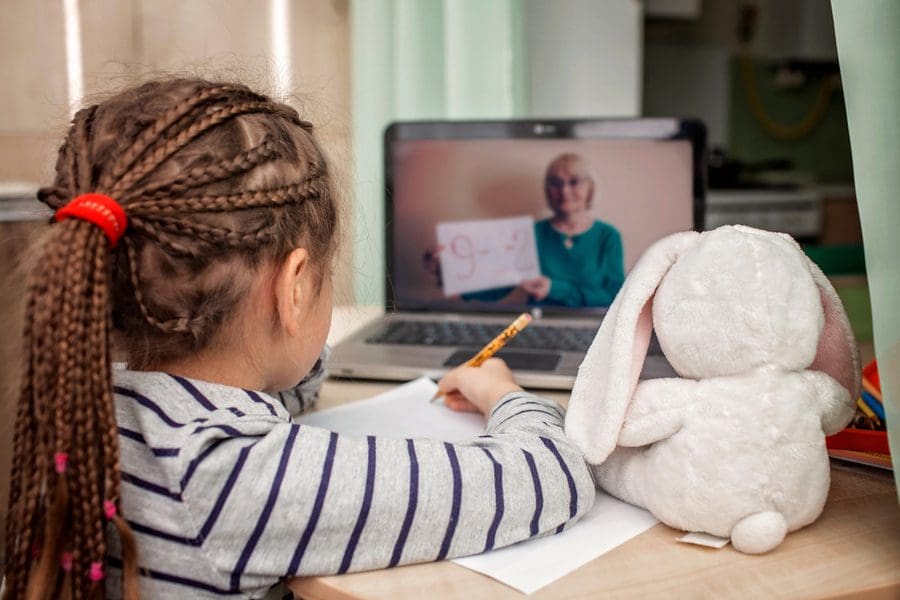The end of the school year is in sight, but there’s little sense of relief for parents who don’t know whether they will have to continue as at-home educators next fall. Many were thrust into the unexpected new role when schools closed. The struggle to manage remote-learning on top of responding to the Covid-19 crisis is pushing many parents toward burnout. As the pandemic refuses to go away, the challenge of educating children at home can seem overwhelming. Finding ways to cope grows even more important as uncertainty lingers about the next school year.
Recognize signs of burnout.
Burning out is a process that doesn’t happen overnight. Overwhelming tiredness can leave you feeling so drained that the thought of getting up and taking care of children is exhausting. You may feel that you can’t do the daily things necessary for your child’s wellbeing. Losing the joy of parenting can lead to emotional withdrawal. Such emotional detachment would be a marked change in the way you feel and act toward your child.
Realize you don’t have to do it all.
Make a conscious effort to let go of perfection. Realize you don’t have to do everything that’s on your list. Taking 20 minutes as a break to sit and relax is better for your emotional health than struggling to finish up the dishes before bedtime.
Build your support system.
Hand off doing the dishes to your partner if you live in a two-person family. Agree on ways to divide household responsibilities and educational assignments. Look into online support groups for parents. Trading experiences with other mothers and fathers can help you realize that you are not alone during this Covid-19 crisis.
Get in touch with your feelings.
Take five minutes sometime during each day and ask yourself how you feel, what works for you and what doesn’t. Check in with your child. Don’t feel that the two of you must follow a set educational schedule if your kid wakes up moody and out of sorts, or is overly stressed. Look for ways you can fill the hours with enriching and educational activities.
Remember teachers are in this with you.
Remember this is happening to everyone. Teachers say they also miss their connection with their kids. Many have taken to social media to share their sense of loss. Keeping the teacher updated on your kid’s life is truly appreciated now. Teachers recognize kids returning to classrooms this fall will be in a different place both academically and socially than usual. They recognize the emotional impact this disruption is making on children.
Ask about essential skills.
Parents worry about their children losing ground with the shift from the classroom to schooling at home. Ask your child’s teacher which essential skills should be mastered before the end of the school year. Get their advice on ways to move learning outside the confine of computer and books and into your child’s everyday life.
For example, many students find writing at home particularly challenging. Turn writing into a game and help your child choose subjects they love such as dinosaurs or Disney movies. Talk through their ideas, ask questions and create drawings or story maps together. Make writing fun by using chalk on a sidewalk or a white board if a blank piece of paper is intimidating.
Get your child excited about learning.
Learning to love learning may be one of the most important skills your child picks up during this time of home school. If your child is obsessed with soccer, encourage reading by finding books about the sport and their favorite soccer stars. Suggest using their interests for one of their writing assignments.






